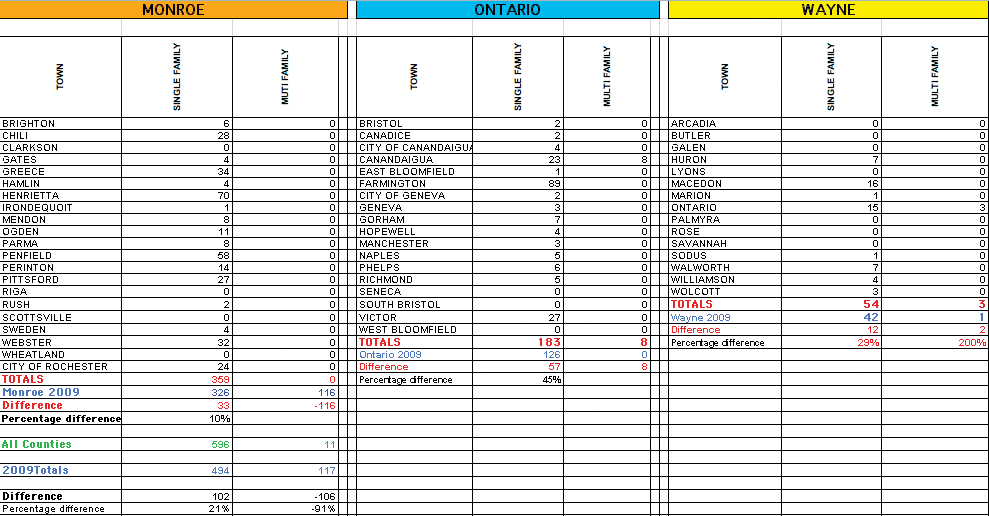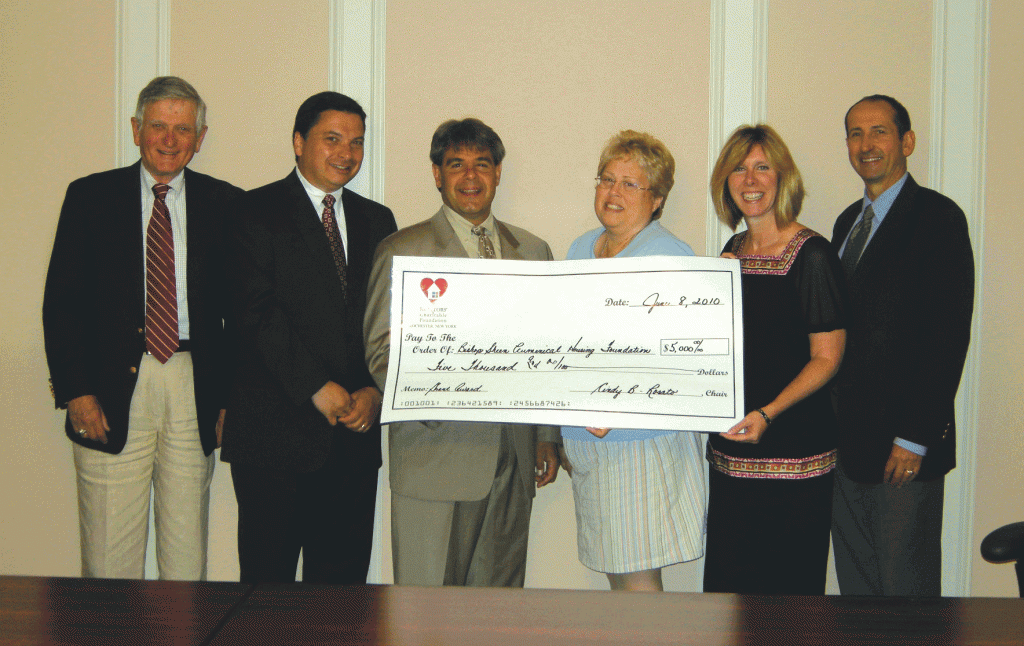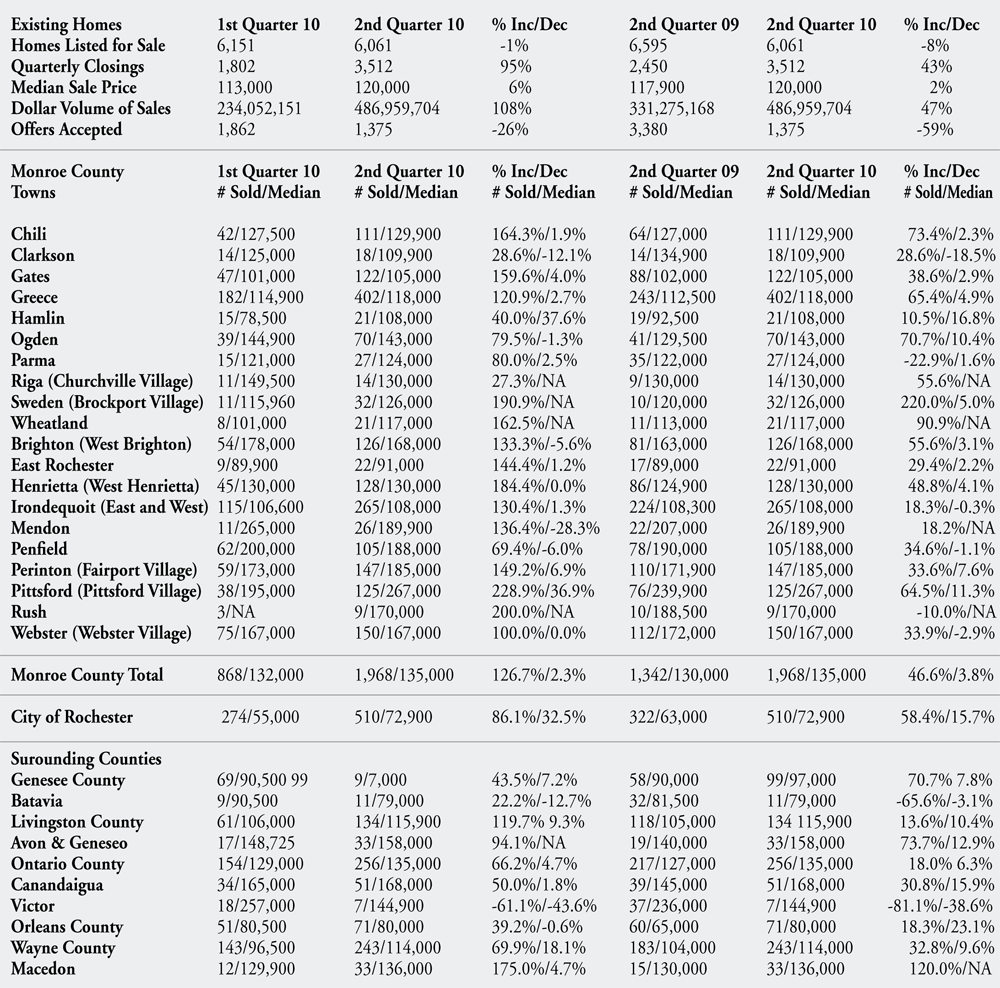We are surrounded by dishonesty. The media sloughs off our legislators’ dishonesty as, “that’s what politicians do.” Sports stars infidelity and drug use seems commonplace. Do we trust the media or the “news” people? Do people lie to support their political and personal agendas? Does this extend from our own personal spheres of influence right up to national and world figures? For most, the answer to all of this is yes. And we have evidence of it every day in the media, if not in our personal experiences.
Yet, we trust each other. We trust our Clients and most of our Clients trust us. Why?
Do we as Real Estate Agents and Brokers adhere to our Code of Ethics, License Laws, and personal integrity to a higher degree, a higher standard? Yes, in fact we do. Does that mean that we are better? No. The fact is that we are in a profession that has many close checks and balances to our behavior. The result is that in Real Estate honesty works and honesty wins.
We need to be very proud of that.
Real Estate Agents and Brokers were not named as major players in the housing crises we are still suffering through.
Of course there were Agents who behaved unscrupulously in collusion with other unscrupulous “professionals.” Instead of their behavior attracting more of the same, they are ostracized by the rest of us. We need to be proud of that, too.
Each sale contract is scrutinized by one or more attorneys, lenders, title companies, managers, Brokers and more. Buyers have to meet lender requirements. Inspectors check the physical properties. Appraisers confirm values. Referral business is based on an Agent’s integrity as much or more than their results.
By need or by choice, the fact is that we live and work in a profession in which honesty and integrity are at a higher standard; despite the world around us being fraught with evidence of a much lower standard.
We don’t talk about it and we should not. We don’t advertise it, promote it, or use it as a marketing slogan and we should not. In our society, it would not be believed, anyway. It is unfortunately too common that those that declare the loudest are the guiltiest.
But we know that in our business integrity and honesty work; and that our greatest path to permanent and growing success includes our commitment and behavior at high levels of integrity and honesty.
Real Estate is an honest business in what often seems like a dishonest world. Let’s all, privately, to ourselves and among ourselves smile, be very proud of that, and work to continue to maintain and raise that standard.
Rich Levin is a Real Estate coach and teacher whose focus is teaching Agents to understand and control their business. Through that understanding Agents achieve satisfying, successful careers and lives. For more info on Rich’s work; go to www.BestCoachingOnEarth.com. Rich is President of Rich Levin’s Success Corps Inc. Contact him at 585-244-2700 or rich@richlevin.com.



